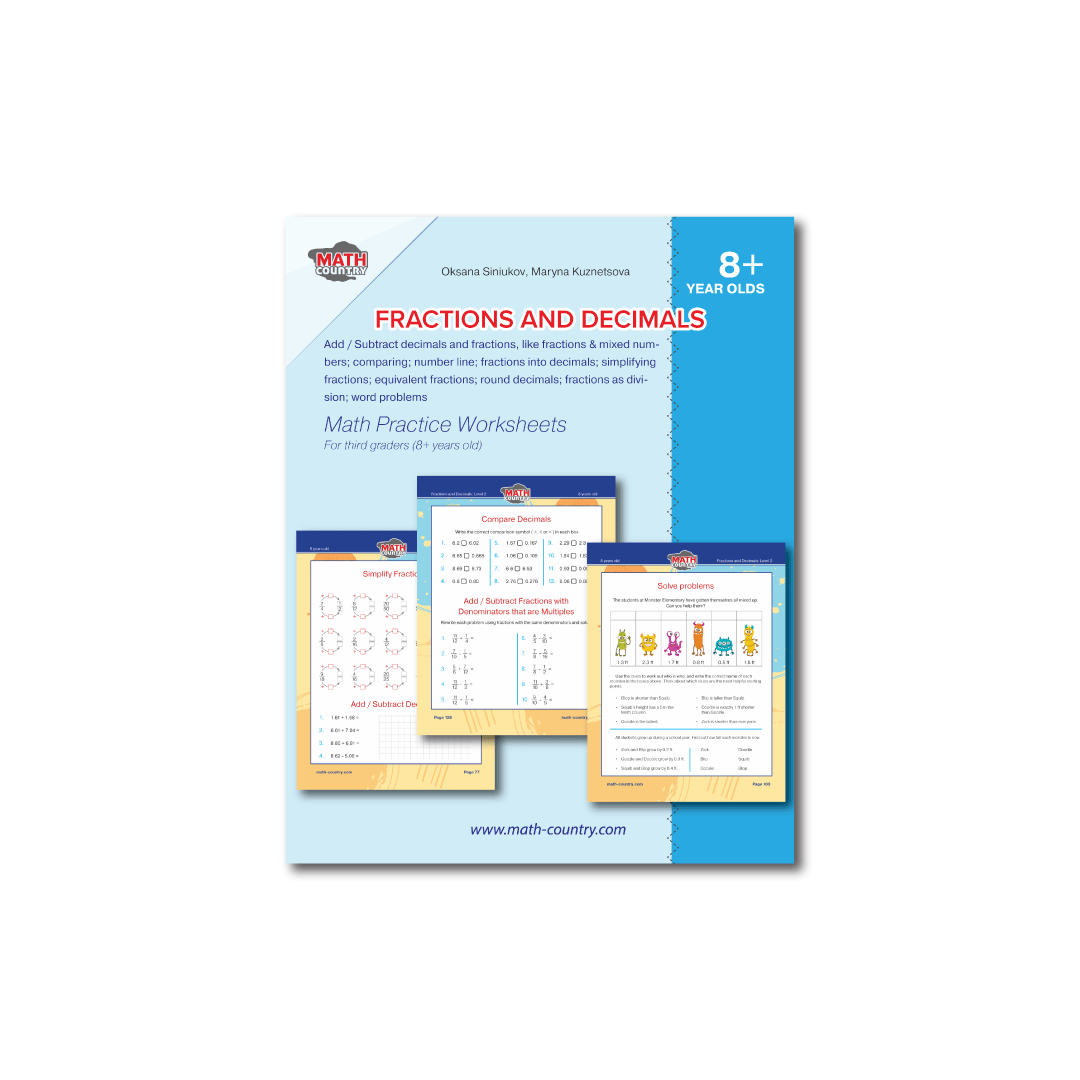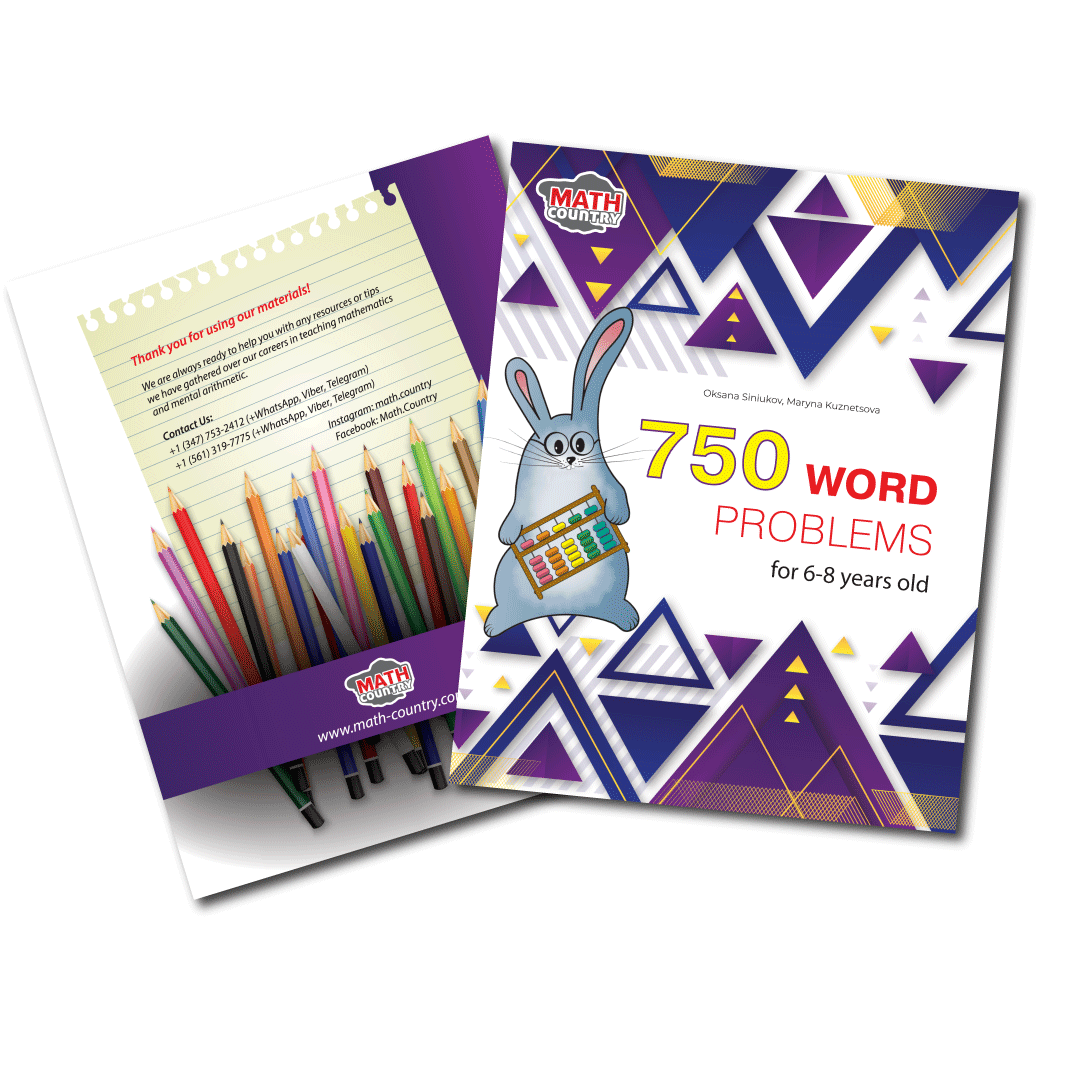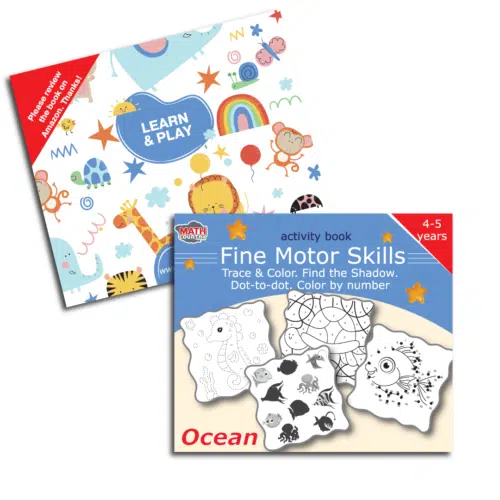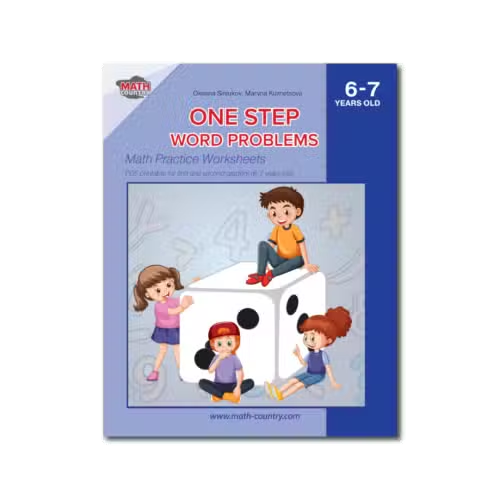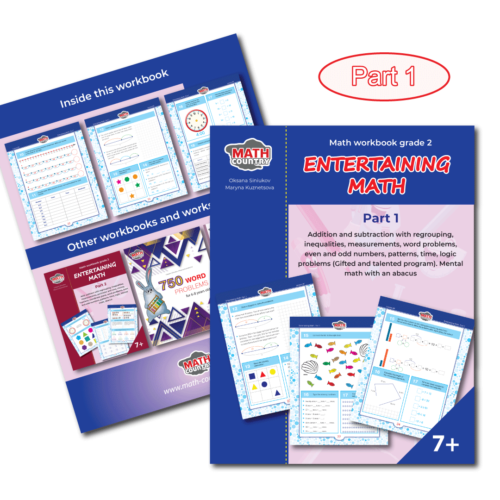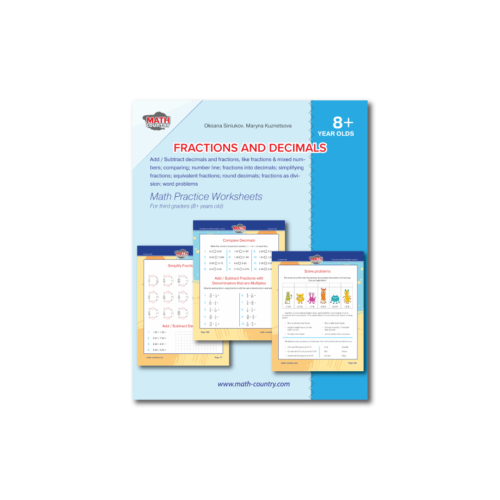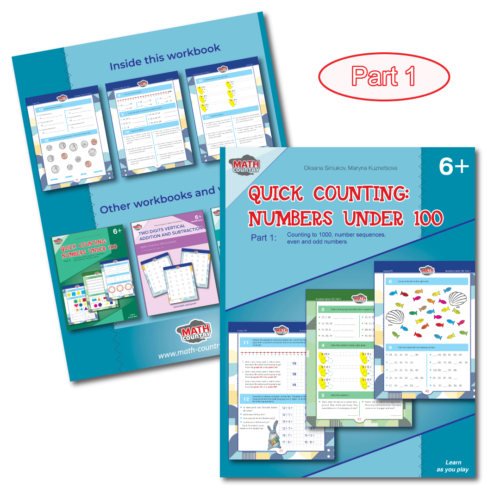Author
Math Country
Share
Author
Math Country
Share
As a team of teachers, we have communicated with many children and their parents. We want to remind you that the right parenting strategies during the elementary school years can prevent many problems that students can face in middle and high school.
The main parenting goal
While children are in elementary school, the main priority is not to get good or excellent grades and receive academic awards and diplomas but to learn how to learn. Children who do not master this skill by the end of elementary school have many problems later.
No matter how good teachers are, they always focus on the average student during class. This means that only children who fall into this average range benefit the most. If a child’s academic abilities are above or below average, they may be neglected.
Why is this so critical?
Because we want to prevent the following mistakes:
Mistake #1:
Some people may falsely believe it is unimportant if a child is slightly behind his classmates. The elementary school curriculum is slow and repetitive. It is always the following year when students will learn the same concepts, and a child will catch up with the rest of the class.
Unfortunately, this parenting strategy does not always work. Many students start their first year in middle school unprepared to keep up with the quantity and speed of learning requirements.
If a child’s school reports show that he is behind, the best thing is to help him get caught up immediately so that we avoid him falling further behind.
Mistake #2:
Some parents think that if a child does not get the highest grades, practicing repeatedly is the best way to fix this.
There is nothing wrong with getting some extra practice, but we must remember that children are human beings, not robots. Nobody is perfect. We do not want to teach children to get the best grades; we want to teach them how to learn, and we believe that good grades are not more important than teaching them how to learn.
Mistake #3:
This is the biggest mistake and most challenging to fix.
Some children need more challenges than they currently receive. Usually, these children are far above average in their classes. They get the best grades, know more than their classmates, and receive all the awards. Parents of such children often think that now is the time to relax since their children are doing great.
Please, do not do this.
Often, these children do not know how to learn. Giving children an appropriate amount of work to improve their learning skills is critical. If school curricula are too easy for your child, all they do is repeat what they already know. They do not learn new skills, do not use logical and analytical thinking to understand and organize the given information, and are not used to having work to solve problems because their brains naturally jump ahead to the answer.
These children are always doing great till they reach their academic limits. Usually, it happens between the 5th and 7th grades. The pattern is always the same: last year’s grades were excellent, and children barely can get a “C” in the first quarter this year. This is because they never learned how to learn.
This is a highly stressful situation for a child. First, in a short amount of time, he needs to get new knowledge, and second, he cannot get it because he does not know how to learn.
Imagine this situation:
Since birth, whenever you have been hungry, you immediately get a delicious meal in front of you. You have heard that some people go to the store to get groceries and cook. But you never need to. You need to learn what cooking means, where grocery stores are located, and what to get to make a meal. All this magic happens until you turn 11-12-13 years.
One day, you did not get a meal and went to bed hungry. The next morning and the whole day were the same. Now, you get your meals 3-4 times a week. You still think it is a mistake, and everything will return to how it was. But it does not. After a month, you understand that you must start cooking but need to know where to begin. You have no stove, pans, or knives and need help figuring out where to get them or how to use them. Plus, you are angry and hungry.
We do not want our children to go through this.
That is why choosing the correct parenting strategy and helping your child to learn is important.
So, there are three simple rules to boost children’s learning skills and prevent possible problems:
- Appropriate level of difficulty. Exercises should be challenging but not complex. Nobody knows your child better than you, so choose the correct difficulty level.
- Repetition is essential, but new knowledge is crucial. We want to improve children’s learning and thinking abilities, so we introduce new concepts as soon as children master previous ones.
- Let children make mistakes. Do not correct them immediately. Instead, tell a child you see two mistakes and ask him to find them. This is a good marker for determining if a child solves problems mechanically or understands his actions.
And, as always, we recommend workbooks and worksheets to help children improve their math skills:
Stay in the loop

